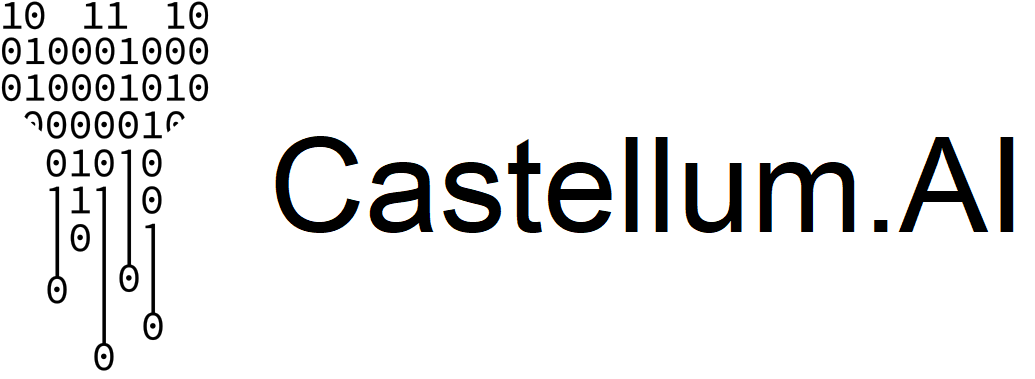What is OFAC’s favorite day for sanctions?
The US Treasury’s sanctions authority, OFAC, announces new sanctions on an ad hoc basis. There is no public timetable for issuing new sanctions, but there is a clear favorite: Friday.
If you want to replicate our analysis, a download data button is at the end of the article.
50% of sanctions occur on Thursday and Friday
From 2 June 2021 to 2 June 2022, OFAC issued 98 separate sanctions announcements. Thursday and Friday accounted for 50% of the total announcement days. One action occurred on a Sunday (May 8th) which also happens to be Mother’s day. It is unclear why the action, targeting Russia, was announced on a weekend as opposed to work week, especially as the designation occurred two months into Russia’s invasion of Ukraine.
Terrorists get Friday, Russia gets Thursday?
Within the past year’s 98 OFAC sanction announcements, the most common sanctions programs are related to terrorism, Russia, Global Magnitsky (human rights and corruption) and narcotics trafficking. These sanctions accounted for 60% of sanction announcements by OFAC from 2 June 2021 through 2 June 2022.
Friday was the most popular day for announcing new terrorism-related sanctions designations, while Thursday was the most popular day for announcing new sanctions against Russia and for announcing new narcotics-related designations. Global Magnitsky sanctions were more likely to be announced Monday to Wednesday.
Do Friday announcements enable sanctions evasion?
The announcement of new sanctions on Fridays enables designated parties to start evading sanctions while banks and markets are closed. What might occur during this time?
Lawyers working for the sanctioned parties can transfer ownership of assets to unsanctioned business associates, friends and family members.
Assets held in banks or other financial instruments would not immediately be frozen and could be moved, especially in the case of private banking for high net worth individuals.
Shareholdings may be rapidly reduced or redistributed to avoid triggering the OFAC 50% rule which holds that anything owned 50% or more by a sanctioned party is also sanctioned.
Even in cases where markets and banks are open, many organizations globally rely on solutions that update compliance data once every 24 hours, generally every business day before the opening of business. This creates a large compliance gap in the traditional world of wire transfers and securities trading, but an even bigger gap in the world of crypto where trading occurs 24/7.
Actions taken in all of these examples violate US sanctions, but as seen from the many fines imposed by OFAC, there are more than enough persons willing to assist with sanctions evasion. Why make it easier by giving evaders the whole weekend?
Want to see the data behind the analysis, download it below
Methodology
This analysis is based on all sanctions designations actions announced by OFAC between the period of 2 June 2021 to 2 June 2022. Each new announcement was reviewed and the dates of the week were analyzed to determine which days of the week were most common across different sanctions programs.
Castellum.AI obtains global sanctions information from primary sources, and then proceeds to standardize, clean and enrich the data, extracting key information like IDs and addresses from text blobs. Castellum.AI enriches as many as fifteen separate items per entry. This analysis is based on the enriched primary source data that populates our database. The database consists of over 1,000 watchlists, covering over 200 countries and eight different categories (sanctions, export control, law enforcement most wanted, contract debarment, politically exposed persons, regulatory enforcement, delisted, and elevated risk). Castellum.AI checks for watchlist updates every five minutes directly from issuing authorities.
